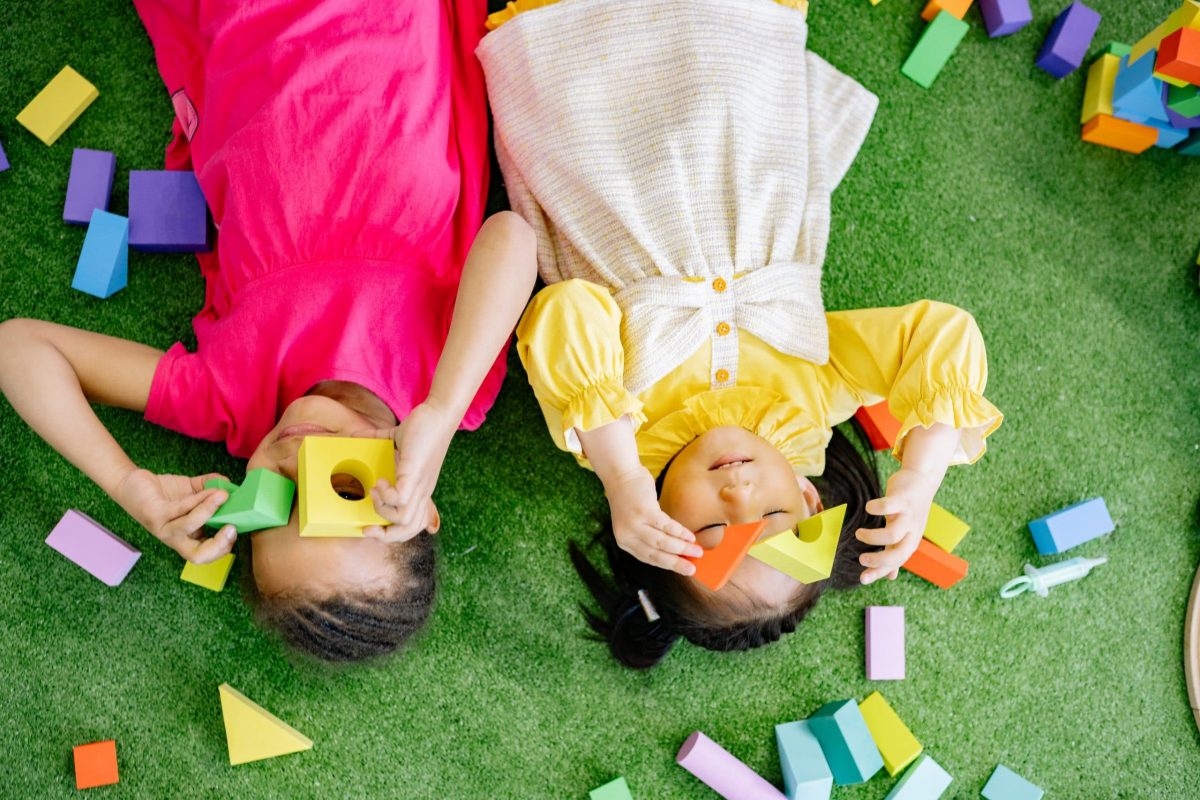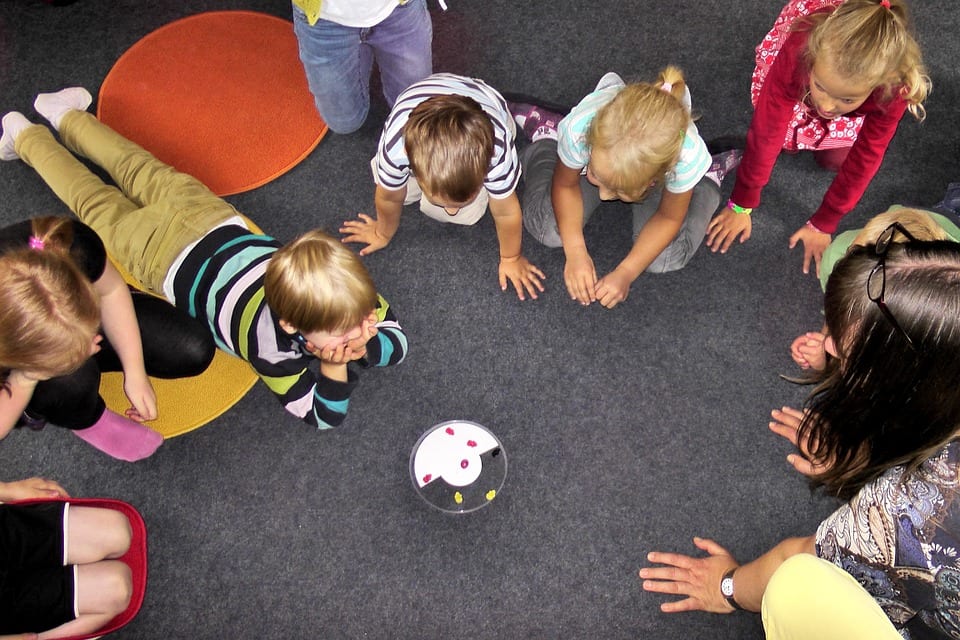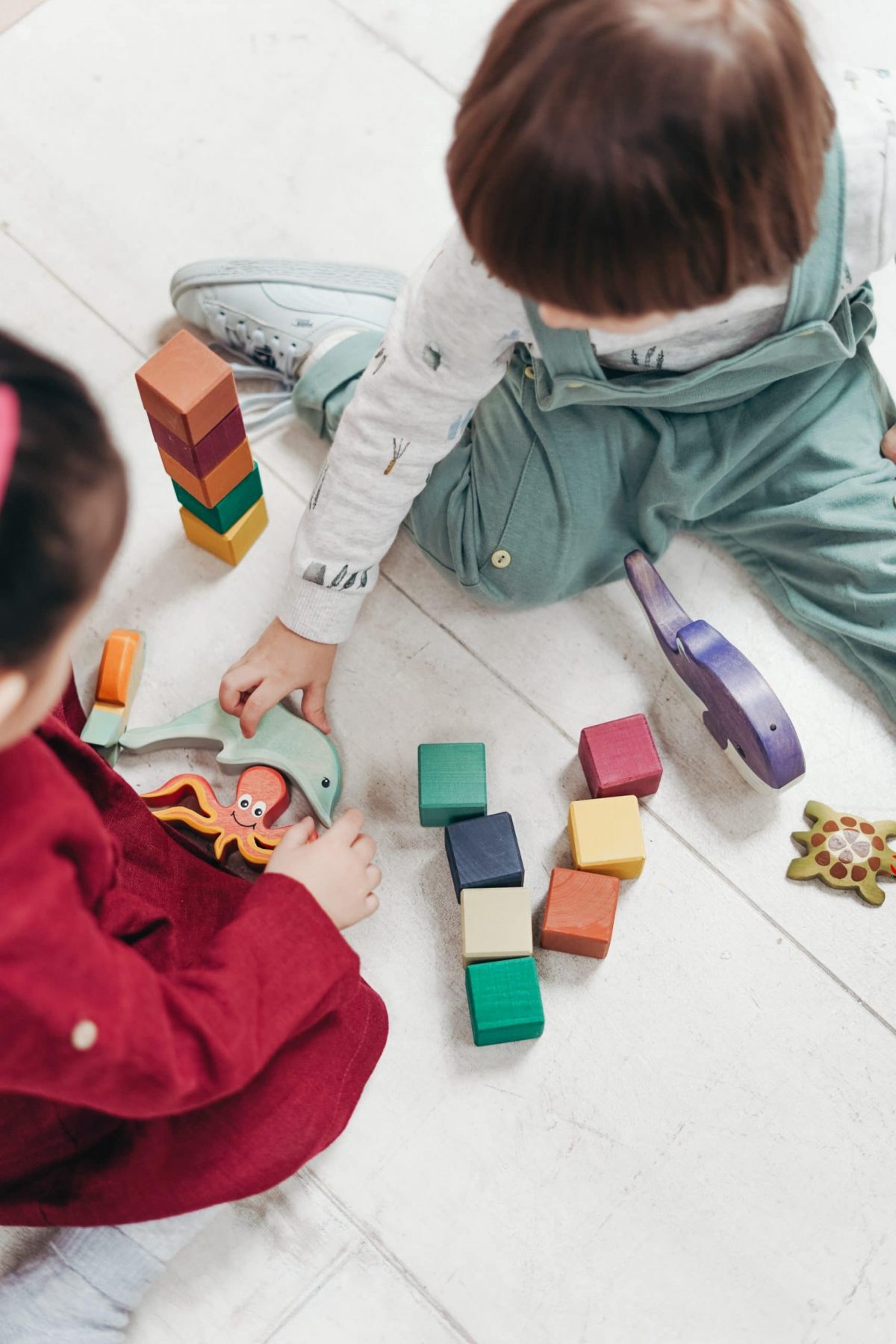
We know that all children should share their objects. It is not a habit they were born with but a habit of which they have to learn as they develop. They do not learn until the age of three In theory this concept and parents are the best key to make our children share their toys.
The child until he is three years old is particularly instructed with the theory that everything that surrounds him is usually his. There is no reason to share it with anyone, as it only has one owner. They do not understand the concept of as something they have may be in the hands of someone, They do not understand that they can share it.
Why don't children want to share their toys?
Because sharing is a learned skill and not natural ability. Children develop with this egocentric concept, they recognize that all the things that they visualize are their property, without grasping the idea that these objects can come to belong to other people.
There are children who find this concept much more difficult than others. The term give and take is difficult to assimilate inside his head and this situation begins to appear when in his life children begin to appear with whom they have to share games. The good news is that sharing toys can be difficult to understand, but you have to be patient as over time and a good training they perfectly learn to share.

How to teach my child to share toys?
Children understand the concept of sharing from the 3 years. Telling a child that he has to give in with a toy and that he will get it back may mean very little to him, because he does not understand it. From here everything it can be tantrums and bad responses, because they still do not control their impulses well. They do not understand that, even if they share, their turn will soon come and they will be able to have that object in their arms again. In this situation do not despair, there may be frustration, but within them they are already running their comprehension skills and they are already maturing.
The good example of sharing can serve as a replica when they live it from home. This concept is much easier to understand when you see this value in your environment. Parents can be a good example of sharing food or objects they have in hand to remember the act of sharing. Also the fact that we do it with other people.
Children have to play with other children to exemplify with many of its values. Interacting with children develops many cognitive skills. In this case they learn to give in and realize that sharing is not a bad thing.
Playing they will understand that not everything they have is theirs, it also belongs to everyone. They will have to observe that nothing happens because their friend takes their stroller, because later they will be offered the opportunity to to be able to choose another object and play with it.

You have to do them distinguish that there are things that are from all over the world: a swing, a seat, food ... and that others are for personal use and that are yours, but with the intention of being able to share them. Even with this, we must respect when the child is playing and does not want to give in because he has his right, we must also respect his things.
Is not more make him express how he feels, to be able to make an assessment of how it translates everything it is learning. In this way we will qualify their frustration, their positive emotions or their anger, in order to continue helping them in everything positive.
As a conclusion never criticize their behavior, We have already reviewed that sharing in an act that they have to learn from and the ability to do so will depend on one child to another. Each child develops at their own pace and that is not why we can qualify your attitude as negative nor recriminate him with offensive phrases such as "you are selfish" or "you are a very bad child".
